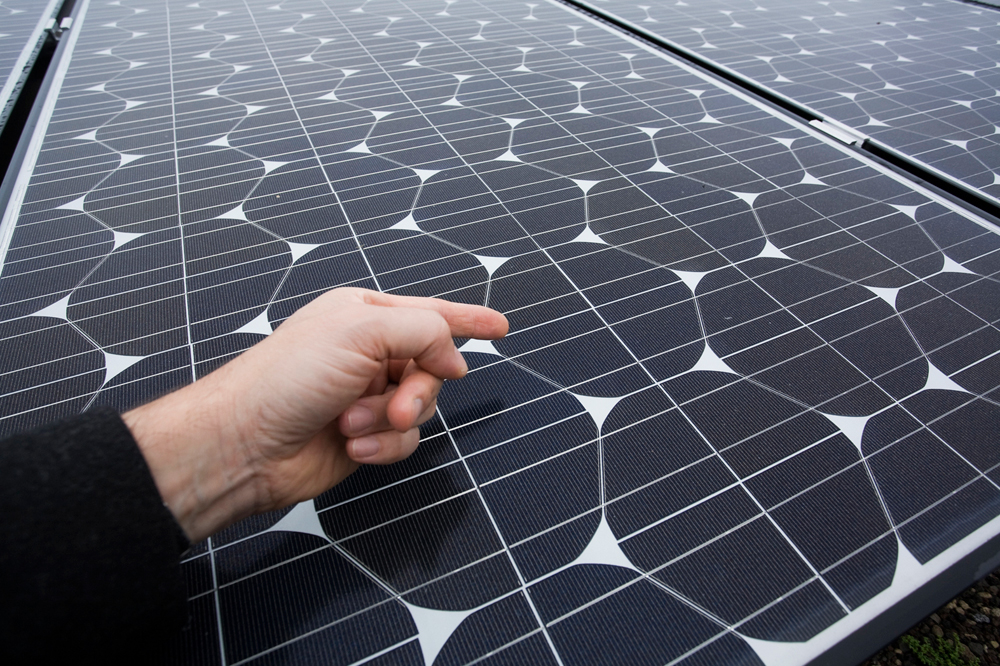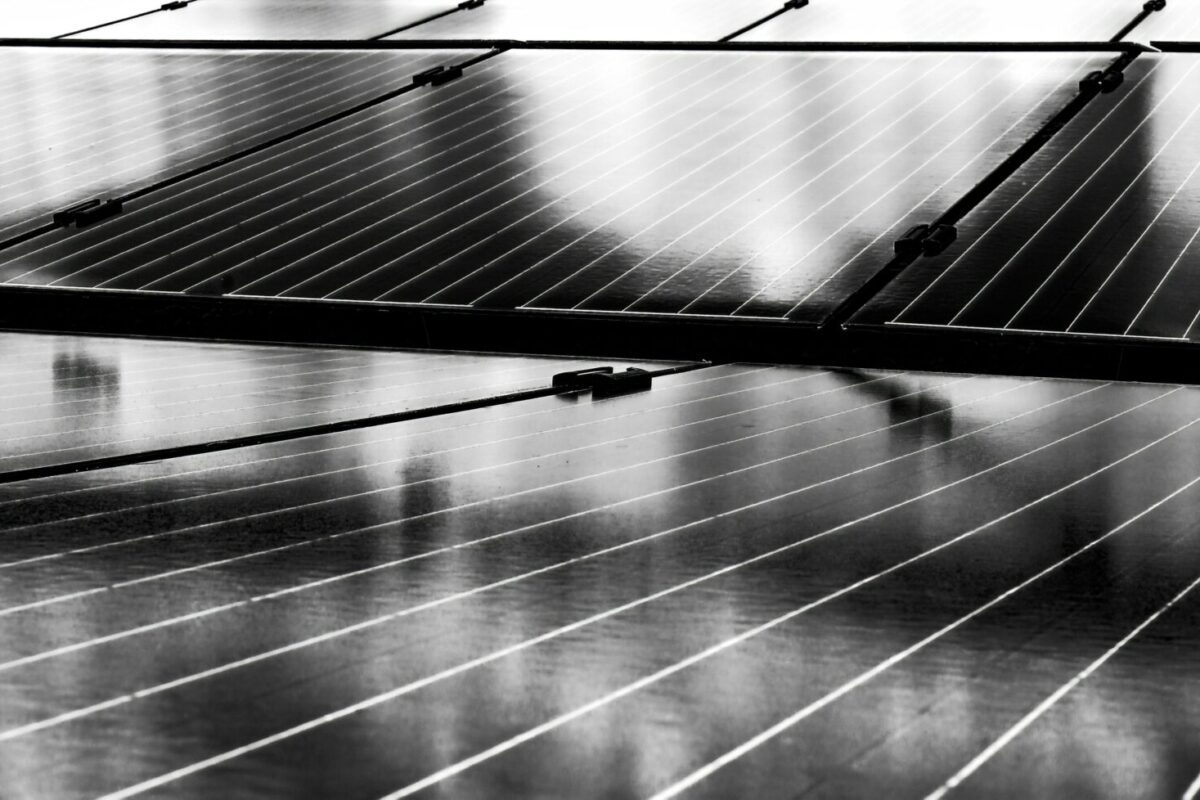Panasonic's Eco Solutions division — which manufactures PV modules, among other products — reported a 3% year-on-year drop in sales to JPY 1545.7 billion, primarily because of lower shipments of residential PV systems in Japan. It described residential demand for solar as “weak,” although it added that the division’s earnings were also dragged down by exchange-rate losses, as the strong yen weighed on its earnings in foreign markets.
The Osaka-based company’s automotive and industrial solutions division recorded a 5.4% decline in sales to JPY 2561.2 billion, although its operating profit more than doubled to JPY 109.3 billion. The business unit’s main products include lithium-ion batteries for automotive and energy-storage use.
Panasonic President Kazuhiro Tsuga told Japanese media earlier this month that electric-vehicle batteries will be a primary growth engine for the company in the years to come. To that end, Panasonic and Tesla recently launched production of lithium-ion batteries for energy storage products and electric vehicles at the Gigafactory in the U.S. state of Nevada. In December, the two companies also announced plans to produce PV cells and modules at a facility in Buffalo, New York. And in February, it was revealed that Panasonic has started supplying 180 W solar panels and automotive prismatic lithium-ion batteries for the new 2017 Toyota Prius plug-in hybrid vehicle.
In December, Panasonic announced plans to supply PV modules to Tesla from its plant in Malaysia, in addition to opening up a shuttered production facility in Japan, according to Japanese media reports. The agreement will pave the way for Panasonic to sell its panels to SolarCity customers in the U.S. residential market.
The company is forecasting a net profit of ¥160 billion in the current fiscal year, up 7% on the year. It expects its Eco Solutions division to post sales of JPY 1.6 trillion and an operating profit of JPY 72 billion over the coming year.
This content is protected by copyright and may not be reused. If you want to cooperate with us and would like to reuse some of our content, please contact: editors@pv-magazine.com.



By submitting this form you agree to pv magazine using your data for the purposes of publishing your comment.
Your personal data will only be disclosed or otherwise transmitted to third parties for the purposes of spam filtering or if this is necessary for technical maintenance of the website. Any other transfer to third parties will not take place unless this is justified on the basis of applicable data protection regulations or if pv magazine is legally obliged to do so.
You may revoke this consent at any time with effect for the future, in which case your personal data will be deleted immediately. Otherwise, your data will be deleted if pv magazine has processed your request or the purpose of data storage is fulfilled.
Further information on data privacy can be found in our Data Protection Policy.